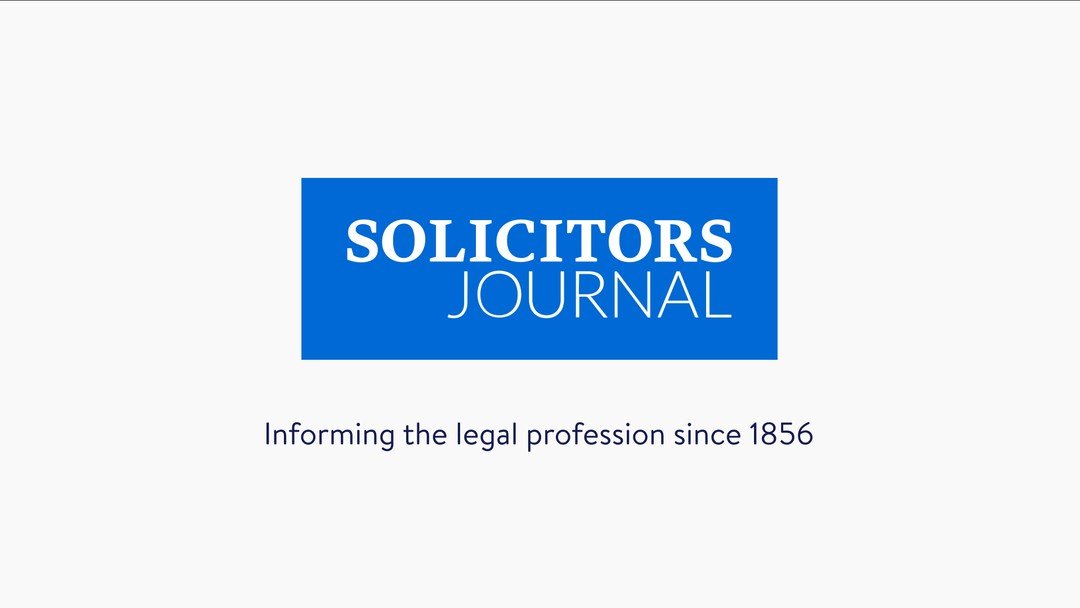Research challenges Norgrove's negative picture of social worker experts

Research by Oxford University has challenged government plans to restrict the role of independent social worker (ISW) experts in family cases.
Research by Oxford University has challenged government plans to restrict the role of independent social worker (ISW) experts in family cases.
Philip King, director of the Confederation of Independent Social Work Agencies (CISWA), said David Norgrove had based his criticisms of the role of ISW experts on 'anecdotal evidence provided by others rather than waiting for good, hard evidence'.
King said the government had accepted Norgrove's view that expert reports caused delay and duplicated the core assessments provided by councils. As a result, ministers had promised to restrict reports to exceptional cases.
'Our research found that these reports do not cause delay and provide a transparent, evidence-based, child-centred document which assists the court in its decision making,' King said.
'The nature and quality of the reports bring something quite new and usually assess something that had not been assessed before, for example where the mother has a new partner.'
King said most reports were delivered on time and 'often turned round in an incredibly short time'.
He went on: 'Removing these reports from the landscape would remove critical expertise on whether or not children should be returned to their families, and children would inevitably suffer.'
King said that the Norgrove review team had been informed that Oxford University was carrying out the research.
He added that the absence of ISW reports might make it harder for courts to achieve the six-month deadline the government intends to impose on care proceedings.
Oxford University examined 82 reports on 121 children in 65 cases. Researchers found that most of the children were under six years old and almost all were subject to an interim care order. Almost half the parents had mental health problems and over 40 per cent had drug and alcohol problems. Over half the mothers had suffered domestic abuse.
The research team, led by Dr Julia Brophy, said, contrary to suggestions in the Norgrove report, parents were not solely responsible for the use of ISW assessments, nor were applications based solely on rights to a second opinion of an existing local authority assessment.
'Parents were involved in most instructions to an ISW (79 per cent), but most of those (64 per cent) were joint instructions. Almost half of these involved all three major parties (the local authority, the parent(s) and the guardian).'
On duplication, the report found that in 43 per cent of cases the ISW was instructed to assess a parent because the previous assessment had not included a parent or a new partner.
Researchers said there was 'no evidence' that reports routinely caused delay in care proceedings. Excluding those delayed because of changed circumstances, most reports arrived 'well in time for the next court hearing'.
On the contrary, they found that ISW reports 'may reduce the likelihood of a contested hearing, assist courts to meet tight timetables and achieve early resolution of case'.
Researchers did find something to criticise, saying there were 'quality assurance issues' in the layout of around a quarter of the reports.
'Key information was usually included, but poor layout and no contents page made these reports time consuming to analyse.
'Given substantial written evidence, tight timetables and limited reading time for judges, this issue requires attention.'
